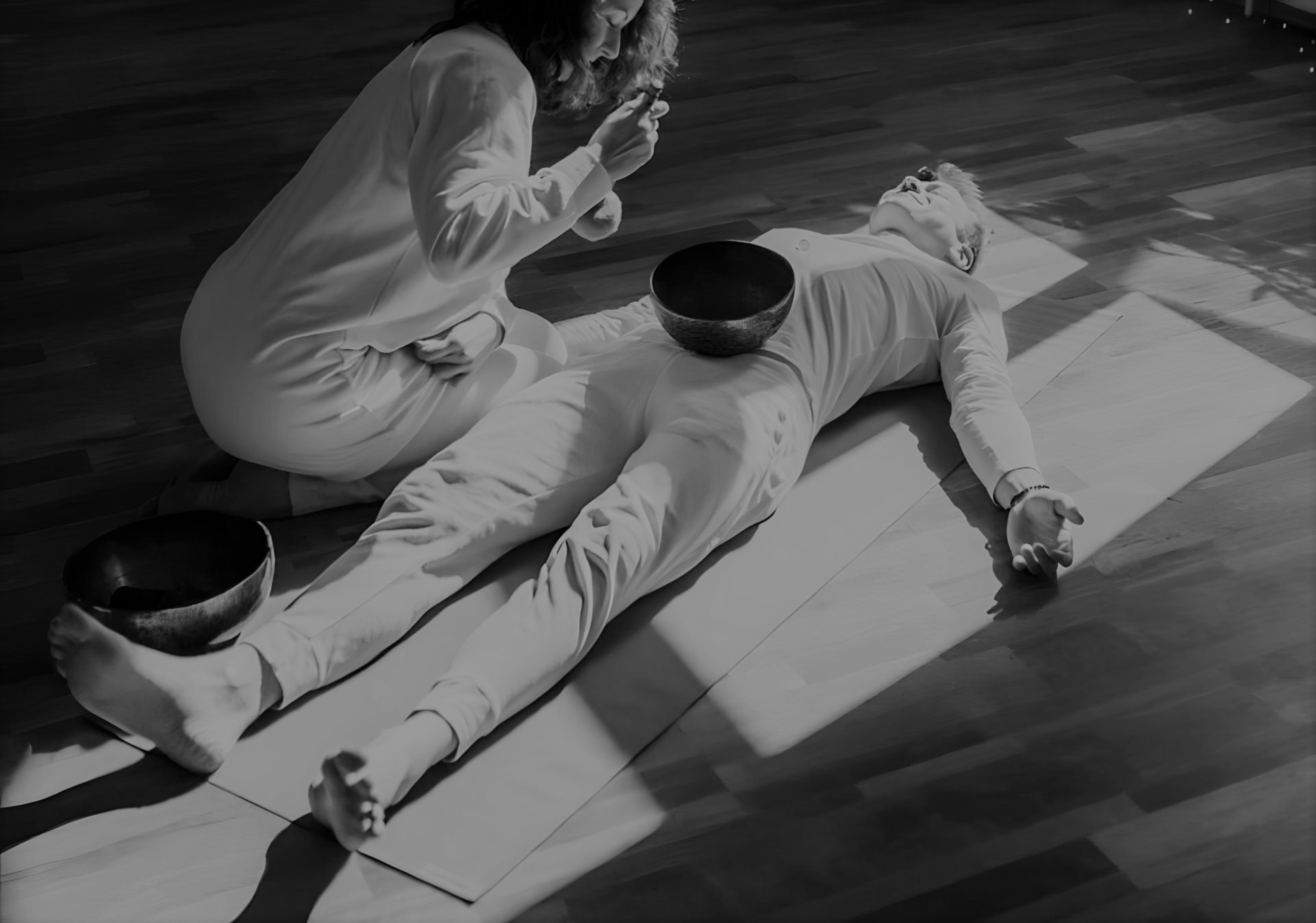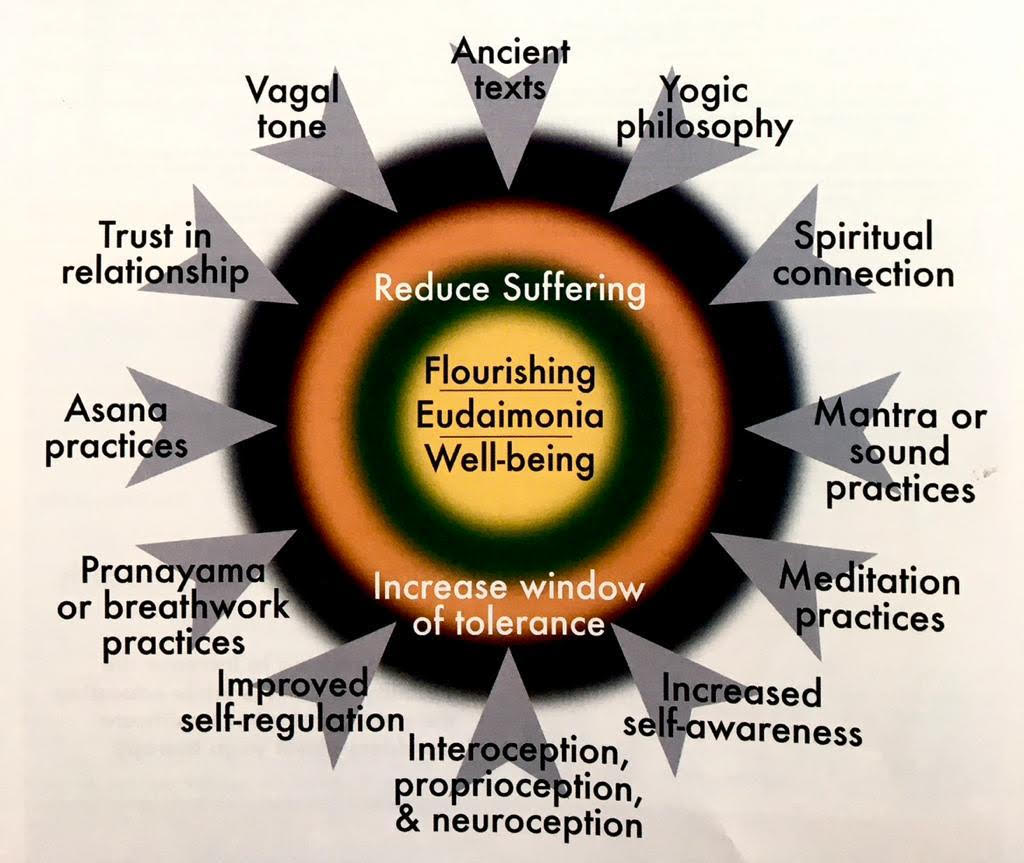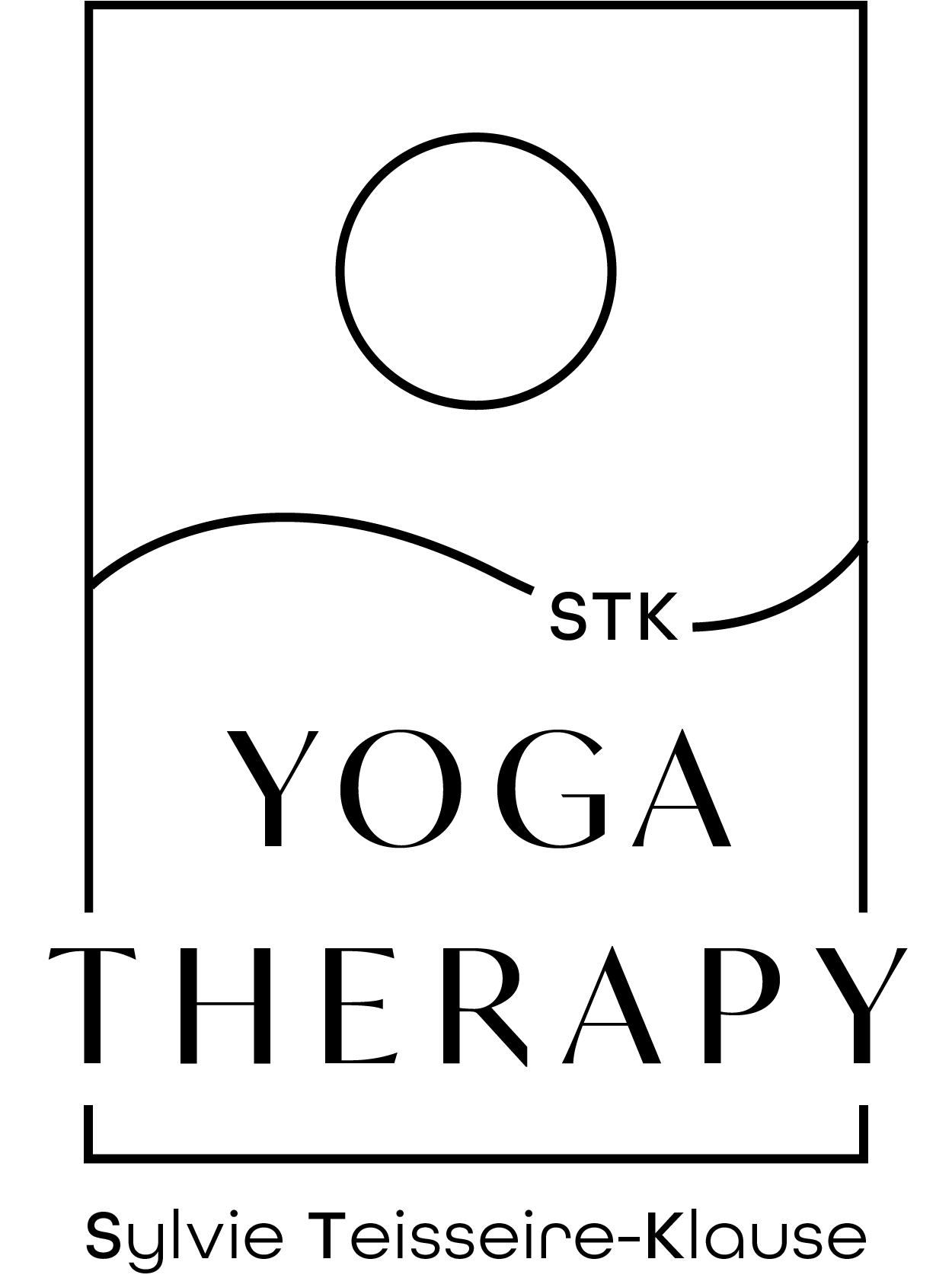
Frequently Asked Questions (FAQ)
If you have any other questions not listed here, please use the contact form to get in touch with me. Thank you!
1. What is the difference between yoga and Yoga Therapy?
<< While yoga is a healthy pursuit that can benefit its practitioners in its general form, Yoga Therapy is an evolving field which focuses on using evidence-based yogic practices in the treatment of specific health conditions. >>
Yoga Therapy aims to bridge the worlds of yoga and healthcare, and can be applied both as a form of physical therapy (for example, relieving back pain) and as a mental health support (for instance as an adjunct treatment for PTSD). Yoga aims to help a student reach their full potential and thereby blossom fully as a human being. Yoga Therapy occurs when a yoga therapist works with a client with the primary aim of addressing a health issue, be it physical, emotional, or mental, specific to the needs of that individual client.
<< As such, Yoga Therapy is highly informed by medical physiology, psychology, and neuroscience. This provides a sound, evidence-based rationale for using yoga as an adjunct therapy in a variety of mental and physical health conditions*, and also gives yoga therapists the knowledge needed to safely tailor a yoga program to the particular needs of their client. >> (The Minded Institute)
*Certified Yoga Therapists (C-IAYT) work and interact with other health professionals: GPs and OBGYNs, gastroenterologists, oncologists… physiotherapists, osteopaths, psychotherapists, nurses, nutritionists, dieticians…
In short, a yoga teacher leads students in practicing yoga in a yoga class, whereas a yoga therapist works one-on-one with a client applying all the specific yoga techniques to specific health conditions.
2. How is Yoga Therapy different from physical therapy?
Yoga Therapy and physical therapy share a common goal: helping to heal physical conditions. One of the major differences between them is that physical therapists focus only on the body, while yoga therapists take a more holistic approach by including the mind, soul, and emotions. Yoga Therapy happens when not only the physical needs of an individual are addressed, but also their mental, energetic, emotional, and sometimes spiritual states. In a way, yoga therapists are half way between physiotherapists and psychotherapists. It is all about the body-mind connection.
3. Yoga Therapy in practice: a visual aid…
Because it can be difficult to explain the depth and breath of what we yoga therapists do with clients, the full scope of our practice. Here you can visualize the many portals through which Yoga Therapy can help people reduce suffering, increase well-being, and even flourish. As certified yoga therapists, we tailor the practice to what each individual client needs. We may use all the tools of yoga or just some of them. One person may need their own specific postures, movements, and breathwork whereas another one will require yogic philosophy, mantras, and mudras or sound practices with or without visualizations, Yoga Nidra, guided meditation, whereas another client may need help cultivating healthy interoceptive skills, etc.

4. How can I prepare myself for a Yoga Therapy session or a yoga lesson?
You do not need to prepare anything special. Bring loose, comfortable clothes. It is recommended not to have a heavy meal or strong coffee before the session. Mobile phones must be switched off during the whole session(s). It is also recommended to leave calmly and not engage too quickly into intense activities after the session.
5. Why are sessions 90 minutes? How does a session work?
A Yoga Therapy session lasts an hour and a half, or 90 minutes, because we take time to go through the different steps
– time to re-center and focus
– time to engage in dynamic movements and specific asanas (static postures) designed to address your health issues
– time to practice adequate breathing technique?
– time to relax in restorative poses
– time to let go through Yoga Nidra and/or sound practice
– if necessary to your particular health issues and needs, time to learn and practice mudras and mantras, yogic philosophy, chanting, etc.
– time to explain (briefly) “homework:” 3 to 4 specific exercises to do on your own at home (if desired)
Reminder: the first session consists of a comprehensive and in-depth intake which all systems of your body will be discussed and reviewed (nervous, muscular, skeletal, digestive, reproductive, cardio-vascular, respiratory, hormonal, and endocrine). We will discuss your medical history, wishes, and motivation. The second session consists of a thorough assessment of your physical mobility and your breathing patterns. For this session, it is advised to take part in the exercises with comfortable but not too loose clothing (rather fitting to the body) preferably of light color to allow visualizing the spine.
6. How many sessions do I need?
After an intake session and a physical/respiratory assessment, we will discuss and consider the number of sessions adequate to your special case. We will regularly evaluate your progress and re-adjust if necessary or desired.
7. I am not flexible / I have mobility issues / I am a beginner or advanced yogi(ni)…
Our sessions are accessible to all and they are designed specifically for you, your abilities, and your needs. So no worries…
– The Yoga Therapy practice, IPATH®, or traditional Hatha Yoga classes will be adapted and taught with clarity, patience, and enthusiasm, whatever your flexibility or mobility level. Props are used for Yoga Therapy and IPATH® (blocks, cushions, chair, wall, etc.).
– Therapy is at heart a relationship. I will listen very carefully to what you say in the intake and the physical/respiratory assessment. I am a very open, positive, and enthusiastic person by nature, so be assured that you will feel comfortable in your body and find a space to also feel free to share what’s on your mind.
– Whether you are an absolute beginner, an intermediate or very advanced yogi(ni), all sessions, whether Yoga Therapy consultation or traditional Hatha or Ashtanga yoga classes will be adapted to your level. I have been teaching young children, teenagers, people with medical conditions, and seniors for decades. I have an Advanced Teacher Training Certification (ATTC) so I make sessions accessible to everybody and every body. I have also successfully completed the Trauma Sensitive Yoga programme at the Trauma Sensitive Center in the Netherlands (TCTSY).
8. I would like to get in touch by phone or by video call…
This is a wonderful idea! Once you have left me a message on the “Contact” page with your name and email (that nobody except me can see), I will get back to you as soon as possible and we can arrange a phone or video call to your convenience via WhatsApp or FaceTime. This is a 10 to 15 minute complimentary service to get to know each other and answer questions that might not have been answered on the Frequently Asked Questions page. If you want to go on the journey with me and improve your quality of life by experiencing the benefits of Yoga Therapy, IPATH®, or traditional Hatha Yoga, we will then start scheduling your first session(s).
9. What happens if I have to cancel?
Please note that once you have booked an appointment with us, it means that I have reserved time in our schedule exclusively for you. If you cancel your appointment via email up to 48 hours before it is scheduled to take place, you will not be subject to a cancellation fee – you will only be subject to rescheduling. Cancellations made 48 hours or less before the time of the appointment will be subject to a charge of half the service rate. When there is a no-show on the day of an appointment, the charge of the whole session is due. So, to avoid a cancellation fee, please provide cancellation notice via email at least 48 hours prior to your appointment. If STK Yoga Therapy cancels an appointment with less than 48 hours notice, a new appointment will be scheduled, subject to availability, without penalty to the client.
10. Other practical details…
– Once sessions are planned, they are payable in advance. Payments will be arranged to your convenience, either in £, €, or $. Cash is also accepted. Please be sure to also check our cancellation policy #9.
